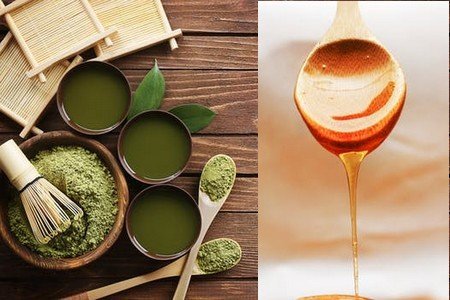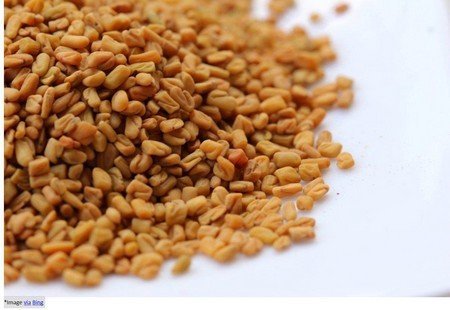When your skin is irritated or lacks the capacity to bear the contact of a certain substance, it reacts in a way that gives rise to skin allergy. Rashes, redness, itchy skin, bumpy skin, etc., are signs of skin allergy. The main reason for skin allergy is the allergen who’s contact with your skin can be avoided by following the skin allergy prevention methods mentioned below.
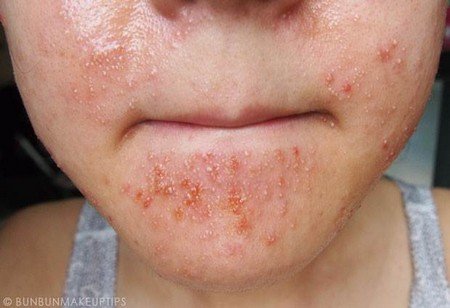
Types of skin allergies
Urticaria/hives:
In such type of skin infection, you get welts or red belts on your skin. The main or exact cause of hives is unknown but experts state that hives are mostly caused due to an infection or an allergen. The medical term for hives is urticaria which is called acute urticarial in case the skin condition remains the same for six or more weeks.
Atopic dermatitis/Eczema:
Usually, children or infants are more affected by eczema (10-20%) while adults are hardly affected by the type of skin allergy (1%-3%). A person with eczema gets small bumps filled with a clear or yellowish liquid. Red, itchy, and irritant skin is also a symptom of eczema. Moreover, people with a family history of eczema are more prone to having it however, certain skin allergy prevention measures can ease the issue.

H-Eczema Formula 11ml – $29.95
from: Healing Natural Oils
Contact dermatitis:
The cause of this skin allergy is in contact with allergens such as your cosmetics, soaps, metal, medications, jewelry, clothing, plants, etc. Red, burning, itchy, and irritant skin, rashes, and blisters are signs of contact dermatitis.
Photo allergic contact dermatitis:
It is very similar to contact dermatitis; the only difference is that the allergic reaction takes place only when your skin is exposed to the sun. The allergens can be your perfumes, skincare creams, shaving creams, etc.
Causes of skin allergy
- Use of nickel-based ornaments/watches/glasses etc.
- Excessive use or exposure to rubber-based products such as rubber gloves, bra straps or waistbands, erasers, condoms, etc.
- Chemicals or preservatives used in cosmetics, skincare products, hair care products, temporary tattoos, skin stickers, etc.
- The hypoallergenic components used in fragrance-based products such as soaps, shampoos, lotions, conditioners, perfumes, air/car/Bathroom fresheners, etc.
- Side effects of medications.
- Exposure to ultraviolet rays.
Skin allergy prevention – Dos and don’ts
Do’s
- Avoid exposure to UV sun rays
- Limit the use of chemical-based cosmetics/use herbal cosmetics.
- Choose your skincare products wisely (always check the contents/ingredients before buying)
- Avoid eating foods that have artificial skin color in high quantities.
- Use natural fragrances instead of artificial ones
- Eat immunity boosting foods in order to make yourself more resistant to allergy.
- Use wooden/plastic/resin jewelry if you are allergic to metal ornaments
Don’ts
- Do not try any new skincare/haircare products without enough knowledge.
- Do not eat foods that you are allergic to.
- Avoid eating anti-allergy tablets in order to consume your favorite food as it may worsen your allergy in the future.
- Do not wear extremely tight undergarments.
- Also, do not go out in the afternoon if you already have a skin allergy, as it may worsen.
- Kindly do not be your own doctor, consult a skin specialist at the earliest in case of severe skin allergy.
Home remedies for skin allergy prevention
Baking soda:
It has anti-inflammatory properties that soothe your skin and it also aids in correcting the pH balance of your skin. Hence, baking soda works wonders for skin allergy prevention.
Ingredients
- Baking soda 4tbsp
- Distilled water/coconut oil 12 tsp
Procedure
- In a bowl, take 1 tbsp of distilled water or coconut oil and add 4tbsp of baking soda to it and make a smooth paste.
- Now, apply this paste on the affected area and rinse with cool water after 15 minutes.
Neem leaves:
They have medicinal properties that kill the bacteria, reduces skin irritation and redness, eradicate rashes, and soothe your skin.
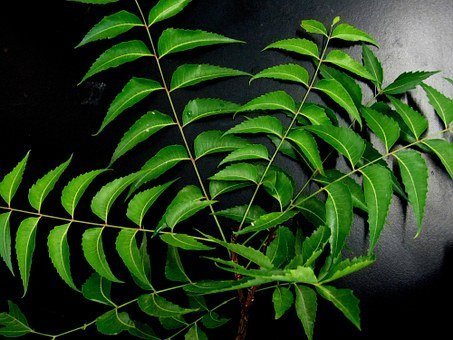
Ingredients
- 10-15 fresh Neem leaves
Procedure
- Make a smooth paste of neem leaves and apply it on the affected area.
- Leave it untouched for 10 minutes and rinse with normal water.
Lemon juice:
Lemon has natural acidic properties that help to prevent/heal skin allergies especially eczema.
Ingredients
- Lemon juice of 1 fresh lemon
Procedure
- Take a cotton ball and dip it in the lemon juice.
- Apply it on the affected area and leave for 15 minutes.
- Rinse with normal water and pat dry.
- Do it twice a day for better results.

Holy Basil (Tulsi):
It has natural healing and purifying properties that aid in treating skin allergies.
Ingredients
- 12-15 fresh holy basil leaves/2tbsp dried tulsi powder
Procedure
- Make a paste of fresh tulsi leaves or mix dried tulsi powder with some warm water and make a smooth paste.
- Apply this paste on the affected area and rinse with normal water.
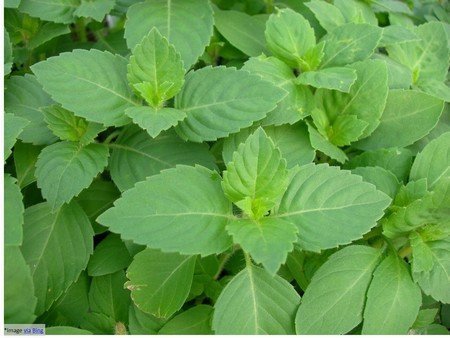
FAQ’s regarding skin allergy
- How long does skin allergy last?
Skin allergies may last anywhere from 3 days to six weeks and even more. Skin allergies which last more than a month are referred to as acute skin allergies.
- How to reduce itchiness?
Immediately apply cold pack for at least 10 minutes to ease the itchy skin. Also, you may moisturize the skin with perfume-free moisturizers or lotions for relief.
- Is stress related to skin allergy?
Yes, try to stay calm and stress-free to avoid the trigger in allergy.
- Can food allergy cause skin allergy?
Yes, skin allergy can be the result of a food allergen.
Related post-
Cure 12 Skin Issues with Healing Natural Oils
Ref: https://www.healthline.com/health/skin-allergy-home-remedy#takeaway
https://www.medindia.net/homeremedies/top-10-home-remedies-to-get-rid-of-skin-allergies.asp
https://www.webmd.com/allergies/skin-allergy-types-triggers#2
https://www.aaaai.org/conditions-and-treatments/allergies/skin-allergy


